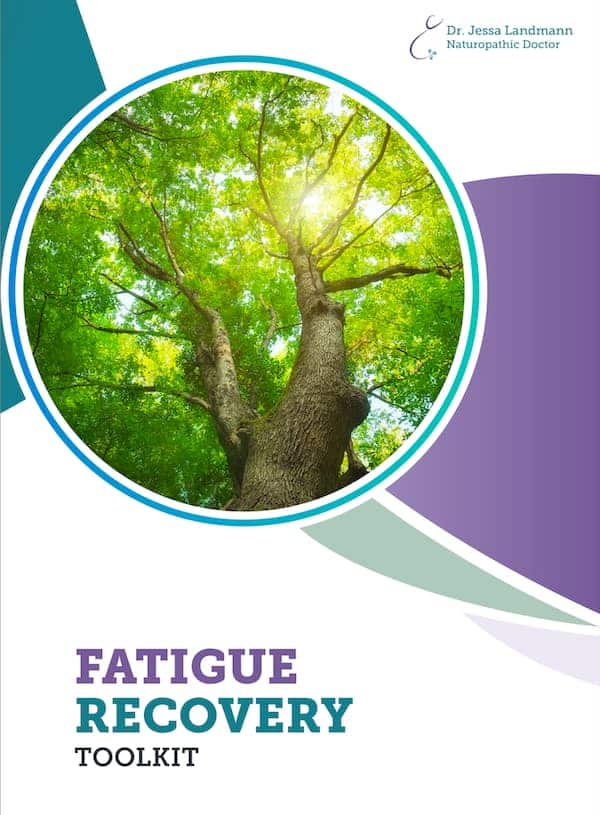INTRODUCTION
Vitamin C has been celebrated as one of the most essential nutrients for human health, known primarily for its immune-boosting effects and its role in preventing scurvy. It has also been widely marketed as a natural defence against colds and infections. However, in recent years, scientists and clinicians have revisited a more ambitious question: Could vitamin C play a meaningful role in cancer care?
The answer is far from simple. On one hand, vitamin C is often dismissed in conventional oncology circles, seen as a harmless supplement at best and a potential interference with standard treatment at worst. On the other hand, a growing body of research suggests that when administered at high doses intravenously, vitamin C may offer a unique set of benefits ranging from prolonging survival to improving patients’ quality of life.
At the heart of the debate lies what experts refer to as the “vitamin C paradox.” In small, dietary doses, vitamin C functions as an antioxidant, protecting cells from oxidative stress. However, when administered at pharmacological concentrations through intravenous infusion, it assumes the opposite role, acting as a pro-oxidant that selectively damages cancer cells while sparing healthy ones. This dual identity has fuelled both scientific curiosity and medical skepticism.
However, there is no better way to combat skepticism than through research. Finally, there has been enough research to allow for a meta-analysis on the effects of intravenous vitamin C. This means that all the research conducted today is analyzed to tell us, overall, what the story is with intravenous vitamin C and cancer.
REVIEW OF RESULTS: KEY FINDINGS ON VITAMIN C IN CANCER CARE
In recent years, scientific interest in high-dose intravenous vitamin C has been rekindled, resulting in a growing number of clinical trials and observational studies. These investigations have provided encouraging evidence that vitamin C, when administered appropriately, may offer meaningful benefits for patients undergoing cancer treatment. The most consistently reported outcomes include prolonged overall survival, trends toward improved progression-free survival, and enhanced quality of life.
Overall Survival
One of the most critical endpoints in cancer research is overall survival, which refers to the length of time patients live after beginning treatment. Several studies have suggested that high-dose IV vitamin C, when combined with standard therapies, can extend survival in certain cancers. For example, trials in pancreatic cancer, a disease notorious for its poor prognosis, showed that patients receiving vitamin C infusions alongside chemotherapy lived longer than those who received chemotherapy alone. Similar trends have been observed in ovarian cancer, lung cancer and glioblastoma, pointing to a broad potential across different tumour types.
Read the July 2025 publication here, showing intravenous vitamin C results in prolonged survival.
Progression-Free Survival
Another important measure is progression-free survival, or the length of time during which a patient’s cancer does not worsen. While the results here have been somewhat mixed, a noticeable trend toward improvement is evident when vitamin C is added to conventional therapy. Some studies suggest that the pro-oxidant effects of high-dose vitamin C help slow tumour growth or make cancer cells more vulnerable to chemotherapy and radiation, thereby delaying disease progression. Although larger and more definitive trials are still needed, these preliminary findings suggest that vitamin C may be a promising adjunct.
Quality of Life
The most consistent and compelling evidence lies in the area of patient quality of life. Cancer treatments often come with severe side effects, and high-dose vitamin C appears to alleviate many of these symptoms. In clinical trials, patients reported less treatment-related fatigue, improved appetite, better sleep, reduced pain, and overall improved well-being. Some studies even noted reduced inflammation and lower levels of C-reactive protein, a marker of systemic stress. For patients enduring gruelling treatment regimens, these improvements can significantly enhance daily functioning and morale.
Why These Findings Matter
These outcomes improved survival trends, slowed progression, and improved quality of life, which are essential not only from a clinical perspective but also from a patient-centred one. While conventional therapies remain the backbone of cancer treatment, integrative approaches that enhance tolerability and prolong life expectancy are gaining increasing value. Vitamin C is particularly appealing because it is relatively low-cost, safe when administered correctly, and widely accessible.
Although the research is not yet conclusive enough to redefine standard cancer protocols, the accumulating evidence cannot be ignored. High-dose IV vitamin C is gradually shifting from a fringe idea to a scientifically supported adjunct, particularly for patients seeking to enhance both survival outcomes and day-to-day quality of life.
A Synergistic Model of Care
The synergy between vitamin C and conventional therapies challenges the old assumption that integrative approaches must be separate from mainstream oncology. Instead, vitamin C demonstrates how a natural compound can enhance the efficacy and tolerability of established treatments. Although it is not yet a universal standard of care, this integrative model is gaining traction as more evidence accumulates.
The Path Forward
The future of vitamin C in oncology will depend on larger, multi-center trials that confirm these promising results. If ongoing research continues to demonstrate both safety and efficacy, high-dose IV vitamin C may become a regular component of combination therapy strategies. For now, it represents a hopeful option for patients and practitioners seeking to maximize the impact of treatment while minimizing suffering.
CONCLUSION
Vitamin C has travelled a long and winding road in the history of cancer research. From its early dismissal to its resurgence in modern studies of high-dose intravenous therapy, it remains one of the most intriguing and misunderstood nutrients in oncology.
The evidence now suggests that vitamin C, when delivered at pharmacological levels, can function as more than just a supportive nutrient. It may act as a therapeutic partner, prolonging overall survival, delaying disease progression, improving quality of life, and amplifying the effects of chemotherapy and radiation. Just as importantly, it does so without adding significant toxicity, making it an appealing option in an era where patient well-being is increasingly prioritized.

